being a patient
I am obsessed with service, to borrow a phrase from Richard I think I am as close as it gets to being a service junkie. This means that I spend my days devouring every tweet, article and policy about the health service, patient experience and the role design can play in that. In the early hours of Thursday morning I woke up with unbearable pains in my stomach. To cut a long story short, I phoned the NHS 24 hour help line twice, on the second phone call they referred me to the out of hours GP, who then referred me to casualty who then took me to a ward. They kept me in for two nights and I had an ultra sound scan, blood tests, all kinds of other bodily tests ( ! ) and the conclusion is they think I had an infection in my appendix that has sorted itself out.
I have never been a patient before so there were many things that I noticed, appreciated, felt could be better, even when poorly those " design lenses " picked up detail and feeling.
It was the absence of communication that increased my anxiety. The taxi driver drove us to the hospital in silence - which made me think of Barry Schwartz's talk on our loss of wisdom and the way he describes the role of a hospital janitor. I've just moved into a new flat and had no idea where we were, if he had let me know we were only five minutes away it would have made the journey a little easier.
When I arrived I was asked to put a gown on, and my first instinct was why? Then being moved to the surgical ward, my first thought was does this mean I am going to have surgery.
And at shower time... where was I meant to go? are there towels and shampoo in there? well I didn't want to ask, what if they thought I was treating the place like a hotel! Alice, in the bed next to me filled me in , there is only hair mousse ( or moss as she called it ) so I asked another long haired lady for some shampoo ... the nurse gave me a towel.
Walking in to all these things for the first time, in pain, in a strange place, was the time I needed that extra bit of reassurance. I'm sure when you work in this environment all of the time you can take for granted the normality of it, and also the pressures of being emotionally attentive to people must be tough. But an explanation of the simple things between each new experience would have made a difference.
After those first few hours though, and into the rest of Thursday, Friday and Saturday, I was able to immerse myself more in to the ward. My bed was straight across from the desk so I could eavesdrop and watch all the goings on.
The staff seem like best friends, constant winks and giggles brought sunshine into the ward and I knew they were happy to be there. They come to work every day and genuinely laugh out loud, I don't think there are many people who are lucky enough to feel that way at their work.
The last experience I had with the NHS in Stoke Mandeville Hospital was horrific and inspired me to write an article on why the NHS needs service design. This experience was totally different and has inspired me to make a thank you card for all the staff in ward 16!
The NHS help line was particularly good and they helped me so much. Simple things like reassuring me they would call me back if our line got cut off and telling me they would make sure I got the attention I needed.
It's all about people, from how we communicate to how we smile. The staff in ward 16 are faced with people who are bored, stubborn, tired and anxious. Yet they see past that and go out their way to make sure you are comfortable and as at ease as you can be. The doctors really explained what was happening to my body and why and the nurses really cared. You can't buy that, or teach it. That's what I call true service.

